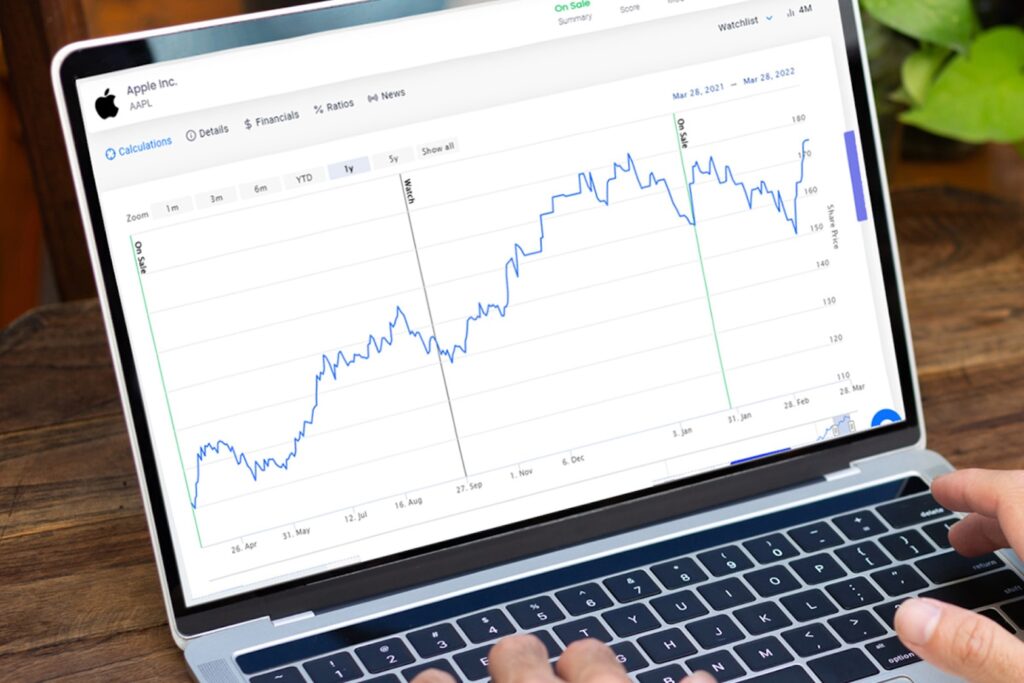Investors who rely on dividends usually want two things: steady income today and the confidence that those checks will keep getting bigger in the years ahead. That second part growth is what separates an ordinary income stock from a true long-term wealth builder. The problem? There are literally thousands of companies to sift through. No one has the time to read every balance sheet or earnings call. This is exactly why a stock screener is such a useful ally.
Instead of drowning in data, you can set up filters that instantly trim the list. Want only companies that have raised their payouts for five years in a row? Done. Need a payout ratio below 60% so there’s still room to grow? Easy. Curious which firms show steady free cash flow? A stock screener makes that search possible in seconds.
Deciding What to Look For
Here’s the tricky part: not all dividend growth stocks look the same. Some give you a juicy yield right now but barely raise it. Others start small but grow their payouts aggressively over time. Which camp you prefer depends on your goals. For example, someone nearing retirement may want higher income today, while a younger investor may be fine with a modest starting yield if it doubles every few years.
This is where a stock screener becomes essential. By setting filters, you can tailor the search to match your strategy. A practical screen might include:
- Five or more consecutive years of dividend increases
- Dividend growth of at least 5% annually
- A manageable debt load (look at debt-to-equity or interest coverage)
- Market cap above a certain size to weed out the riskiest players
These simple rules alone can cut the universe of stocks to a fraction, letting you focus on what really matters.
Beyond the Numbers
But let’s be clear: numbers only tell part of the story. A stock screener might spit out a company that checks all the boxes, but context matters. For instance, a commodity business may look strong during a boom, but when prices fall, that dividend is often the first thing to go. On the flip side, a boring utility might not wow anyone, yet it quietly sends bigger checks to shareholders year after year.
So after the screen, the real detective work begins. Read management commentary. Check whether dividend hikes came from genuine profit growth or one-off moves like asset sales. Look at the industry itselfsome sectors, like consumer staples, are built for consistency, while others live and die by the cycle.
Using Screeners as a Habit
What makes a stock screener especially powerful is not just finding one stock today, but building a repeatable process. Save your filters. Re-run them every few months. Keep a watchlist of names that pop up often. That way you’re not scrambling for ideas whenever you have cash to invest you already have a curated list waiting.
Mistakes to Avoid
Here’s where many people stumble: they chase the highest yield the screen shows them. A double-digit payout looks tempting, but it’s often a red flag. Another trap is leaning too heavily on dividend history. Just because a company has raised payouts for 20 years doesn’t mean it will survive the next crisis. Balance sheets matter. Cash flow matters. Growth prospects matter.
A better approach is to use the screener to build a shortlist and then pressure-test those names. Ask yourself: If sales dip 10%, does the company still have room to raise the dividend? If interest rates stay high, can it manage the debt? Those questions separate the durable growers from the pretenders.
A Practical Path
Here’s a rough framework that many investors find useful:
- Run an initial screen for dividend history, payout ratio, and size.
- Check financial strength, look at free cash flow, debt, and profitability.
- Review valuation so you’re not overpaying.
- Dig into the story: management’s priorities, industry risks, and long-term outlook.
Follow that process and you’ll usually end up with a handful of companies worth real consideration, not a random list of tickers.
Final Thought
A stock screener isn’t about prediction of the future, it’s about stacking the odds in your favor. By combining filters with your own judgment, you save time, avoid common traps, and give yourself a clearer path toward building a rising stream of income.

